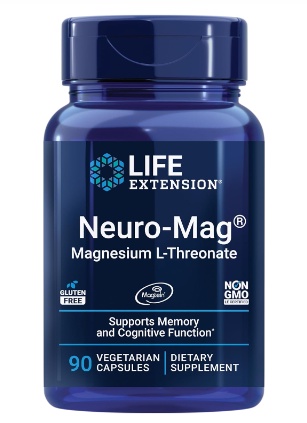It's common to refer to magnesium as the unsung hero of the mineral world in our bodies. Even while it might not always be as well-known as potassium or calcium, its significance is undeniable, especially in relation to heart health. This article delves into the function of magnesium in preserving cardiac health and examines its importance in averting cardiovascular ailments.
Understanding Magnesium:
The body uses magnesium for approximately 300 metabolic processes, including the synthesis of energy, the contraction of muscles, and the transmission of nerve signals. It is essential for controlling blood pressure, keeping the heart beat constant, and promoting healthy cardiovascular function. Despite its importance, a lot of people do not get enough magnesium from their diet, which could have negative effects on their health.
Magnesium and Heart Health:
Blood Pressure Regulation: Magnesium facilitates blood vessel relaxation, which improves blood flow and lowers blood pressure. Consuming enough magnesium has been linked to a lower incidence of hypertension, which is a significant risk factor for heart disease and stroke.
Supporting Heart Rhythm: Keeping the heart's rhythm regular requires magnesium. By assisting in the regulation of the electrical impulses that govern heartbeat, it helps avoid palpitations and arrhythmias.
Sources of Magnesium:
Despite the fact that a wide range of foods, such as leafy greens, nuts, seeds, and whole grains, contain magnesium, many people do not consume the required daily amount. Dietary practices, food processing, soil depletion, and other factors all play a part in magnesium insufficiency. In these situations, the body may need to take supplements to guarantee appropriate magnesium levels.
Magnesium Supplements:
Magnesium supplements may be helpful for people who have trouble getting enough of the mineral from their diet. Magnesium supplements come in a variety of forms, such as magnesium oxide, magnesium glycinate, and magnesium citrate. Selecting a high-quality supplement and speaking with a medical expert are crucial in order to figure out the right dosage depending on each person's demands and health.
Conclusion:
To sum up, magnesium is essential for preserving heart health and averting cardiovascular illnesses. Its advantages are indisputable, ranging from controlling blood pressure to preserving cardiac rhythm and guarding against vascular damage. But a lot of people don't get enough magnesium from their diet, which emphasizes the significance of knowing this and taking supplements if needed. By utilizing magnesium's full potential, we can make major progress in fostering heart health and general wellbeing.
Including foods high in magnesium in your diet and, with medical advice, thinking about taking supplements can help maintain good heart health and reduce the risk of cardiovascular illnesses. Let's not undervalue the significance of this necessary mineral in our quest for a happy life and a healthy heart.


No comments yet